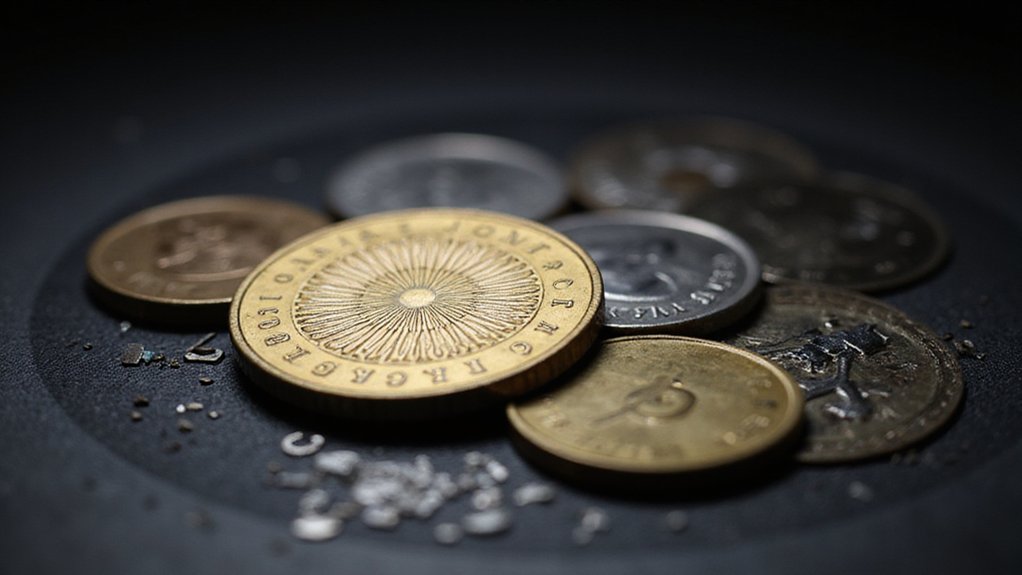While the Federal Reserve has historically prided itself on maintaining independence from political winds—a principle considered sacrosanct since Paul Volcker’s inflation-crushing crusade of the early 1980s—Donald Trump’s appointment of Stephen Miran to the Fed board suggests those quaint notions of central banking autonomy may be as outdated as gold standard nostalgia.
Trump’s selection of Miran, currently serving as Chair of the Council of Economic Advisers, represents his first direct attempt to reshape Fed decision-making through personnel choices that align suspiciously well with his economic agenda. The appointment fills Adriana Kugler’s vacated seat through January 31, 2026, though Senate confirmation remains necessary—a process that will likely test just how much political theater lawmakers can stomach in the name of monetary policy.
Miran brings credentials that read like a Trump economic wish list: Treasury Department experience from the first administration, vocal support for looser monetary policy, and an almost evangelical enthusiasm for cryptocurrency integration into financial systems. His pro-Bitcoin stance proved immediately profitable for digital asset holders, with Bitcoin surging 2-3% upon announcement, crossing the $117,000 threshold as markets interpreted the nomination as validation of Trump’s broader crypto-friendly reforms.
The economist’s dovish monetary philosophy—favoring fewer rate hikes and growth-oriented policies—combined with his defense of Trump’s tax cuts and tariff strategies, raises uncomfortable questions about the Fed’s traditional role as inflation’s impartial enforcer.
Miran’s skepticism toward conventional inflation models suggests a Fed board member who might prioritize political compatibility over economic orthodoxy. At 41 years old, the millennial economist represents a generational shift in Fed leadership, bringing perspectives shaped by economic crises from the dot-com bubble through the pandemic. Critics argue this appointment threatens the central bank’s independence, historically essential for objective policy implementation without political bias. Fed governors vote on interest-rate decisions and financial regulatory policies, giving Miran significant influence over monetary policy direction.
The irony is palpable: Trump, who previously criticized Fed Chair Jerome Powell for maintaining steady interest rates, now attempts to stack the board with allies who share his preference for accommodative monetary conditions.
Bitcoin’s efficiency challenges—slow transaction speeds and prohibitive fees—remain unchanged despite market euphoria, but Miran’s appointment signals Trump’s commitment to cryptocurrency legitimization. The broader cryptocurrency market is projected to reach $3 trillion by 2025, suggesting that Fed policy decisions could have increasingly significant implications for digital asset valuations.
Whether this represents visionary financial evolution or dangerous politicization of monetary policy depends largely on one’s tolerance for watching institutional norms dissolve in real-time.







